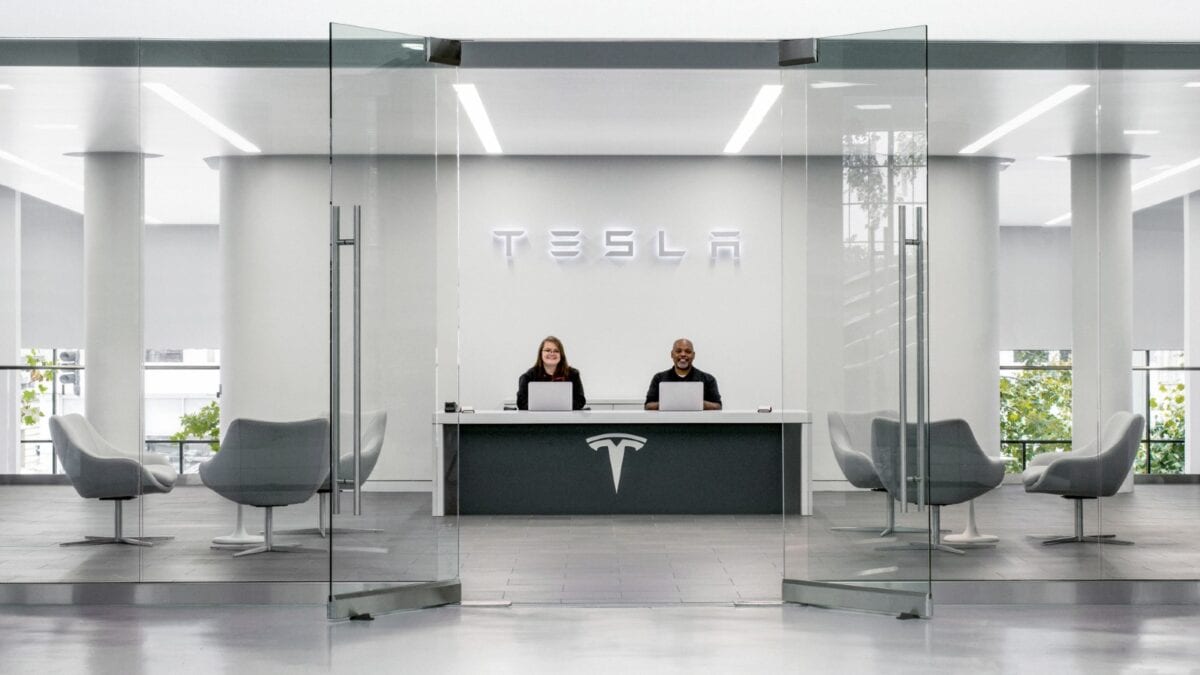Since 2018, the Tesla (NASDAQ:TSLA) share price has increased by 900%. As a result, the firm has a market value more than five times greater than that of Ferrari, Ford, and General Motors combined.
That makes Tesla shares risky at today’s prices. The company will need to grow significantly in order to justify its current price. However, while its massive market cap can’t guarantee that growth, it does give it an important advantage.
Capital intensity
The majority of Tesla’s revenue currently comes from building and selling cars. And as well as being cyclical, this type of thing is hugely capital intensive.
Raw materials, energy, and labour are all significant ongoing expenses. But on top of that, there are the one-off costs of transitioning away from internal combustion engine vehicles to EVs.
In order to fund these investments, car manufacturers are likely to need to raise cash. And there are two main ways of doing this – debt and equity.
In both cases, Tesla’s high share price is a benefit. The stock might be expensive, but investors should pay attention to the advantage it gives the company over Ford and GM.
Gigafactory in Monterrey
Tesla is currently building a plant in Mexico at an estimated cost of $10bn. One way of raising that amount is by issuing new shares, but doing so comes at a cost.
When a company increases its share count, the value of each of its remaining shares decreases. So in order to maintain their stake in the overall business, investors would need to buy more shares.
This is where Tesla’s high share price gives it an advantage, though. Raising $10bn by issuing stock would increase the GM share count by 23% and Ford’s by 24%.
Tesla’s $759bn market cap, however, means the company can raise $10bn with just an additional 1% more shares. This means it can fund its Monterrey gigafactory without significant dilution.
Share count
It’s worth noting that Tesla has used this method effectively to finance its growth in the past. Over the last decade, the company has increased its share count from 1.8bn to 3.5bn.
A consequence of this is that the company’s balance sheet is relatively strong. Its current debt-to-equity ratio stands at around 0.1, compared with 1.6 for GM and 3.2 for Ford.
In other words, clearing its debts entirely would only require Tesla to increase its existing share count by 10%. While its share price remains high, the company is in a decent financial position.
By contrast, GM would have to more than double its shares outstanding to do this. And Ford would need to create three new shares for each one that currently exists.
A competitive advantage
If Tesla can’t grow its operations in line with some optimistic assumptions, there’s a risk an investment at today’s prices could turn out badly. But there’s an upside to an expensive stock.
Being able to sell shares at a high price gives the company an opportunity to raise cash at a low cost to shareholders. And that’s significant in an industry that has high capital requirements.
As car manufacturers invest in EV production, Tesla’s $759bn market cap gives the company a significant advantage over its competitors. I think this is something investors ought to keep in mind.







